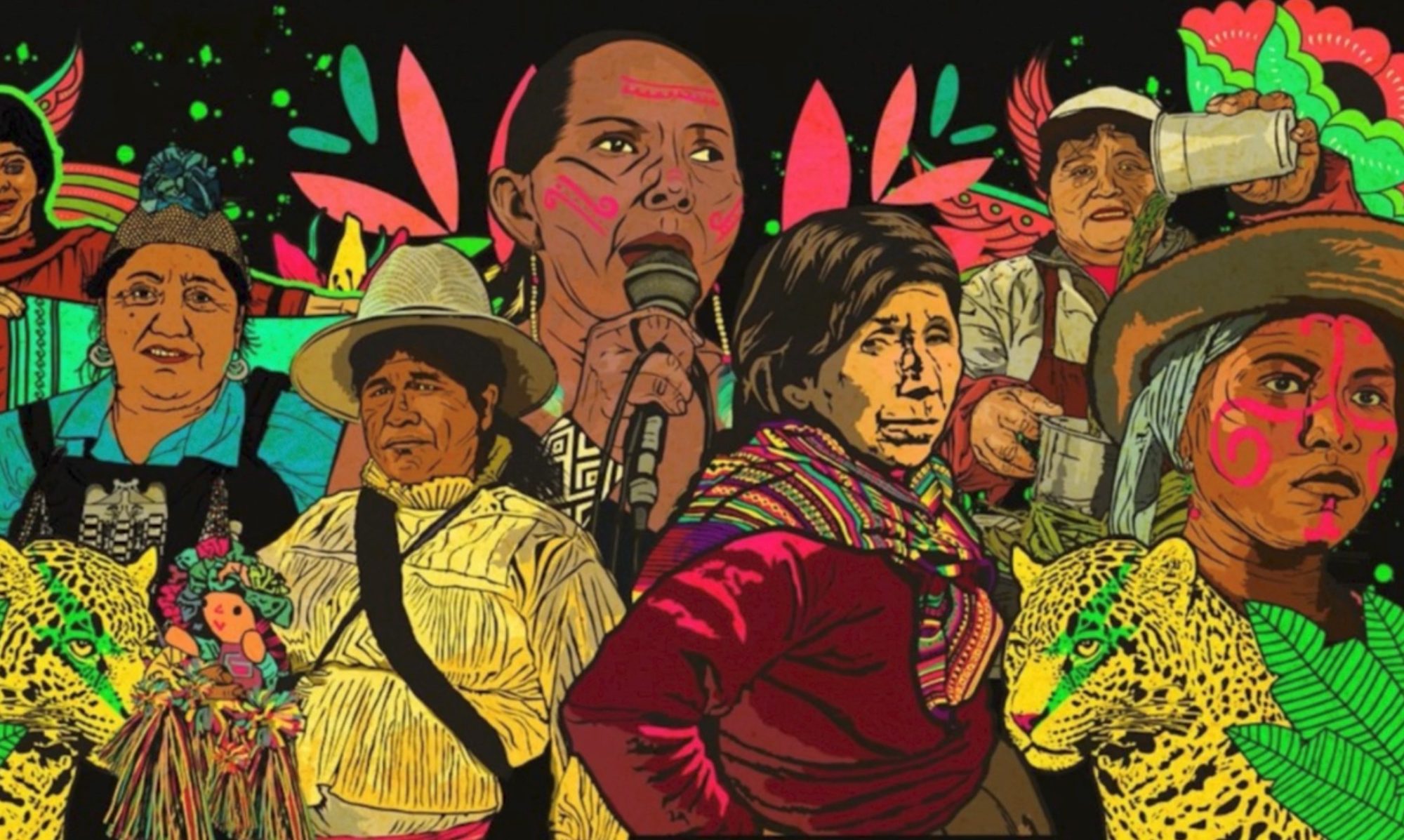Finding Family in New Zealand
by Michelle Miramontes
A total of 655,000 individuals have passed through state-run institutions, including orphanages, homes for the disabled, mental health hospitals, and more. It was discovered in New Zealand’s largest ever investigation into abuse within state care that at least 250,000 individuals held in government care suffered abuse, although the true number is thought to be higher. Thus far, 1,900 survivors of this abuse have spoken out although thousands more are expected to join them. A study done in 2015 by the Auckland University of Technology tracked the lives of 55,443 children born in 1998 until the end of 2015. Of those children, almost a quarter of them ended up being reported to child welfare agencies at some point in their lives. By 17 years old, 23.5% had at least one report made in concern to their welfare. 10% had been victims of sustained abuse and/or neglect. 3% had been put into foster or alternative care. 3.2% of girls and 0.8% of boys had experienced sexual abuse. It was also reported that boys and those of Maori heritage were disproportionately affected.
These are just the general facts. We can only imagine what the main character from Taika Waititi’s Hunt For The Wilderpeople, Ricky Baker, endured in his time in the foster care system prior to his time on screen. We also know it didn’t start with him. In the film, it is confirmed that his foster parents, Hec and Bella, also do not have family. Coupled with the foster system’s known long history of mistreatment and abuse, it is safe to presume that they endured some of the same horrors as Ricky did.
Yet loss, whether it be death or abandonment, brings us together. And in a country like New Zealand, where this loss is so common, this is all the more apparent.
Of course, everybody is different. People grieve and cope in different ways. But even for those who may have developed a rough exterior as a consequence of their own loss-related trauma, there is a special soft spot within them. A special place in their hearts where they remember their own family struggles. A place where they sympathize with the countless adolescents who are going through the same thing they went through.
Because of this special soft spot, there is a distinctly New Zealand culture centering around found family. It fosters and cultivates stronger family ties than any of the biological ones that have failed so many from the very beginning. It encourages loyalty and love for the family you do have, whoever that may be and however you may have wound up with them. It supports whoever you decide to make your family.
No matter how their own trauma affects them— makes them caring and loving and wanting to help those like them, or hardens and calluses them, so they feel no one else deserves the family they themselves didn’t get— no matter which way they go, the exceptionally awful treatment of children and the horrid welfare system for children in New Zealand has the same effect. It traverses all things, spans generations, and brings them together. Especially when there is such a terrible alternative, with what is relatively no other choice but further trauma, loss, and abuse. All in all, it results in New Zealand having a unique affinity for found family. A family they truly value and actively endeavor to keep.
Works Cited
- Roy, Eleanor A. “At least 250000 suffered abuse in New Zealand’s state care system, inquiry finds.” The Guardian, 15 December 2020. Accessed 4 December 2022.
- . “Study shows nearly one in four New Zealand children reported to welfare agencies.” The Guardian, 8 March 2018. Accessed 4 December 2022.
